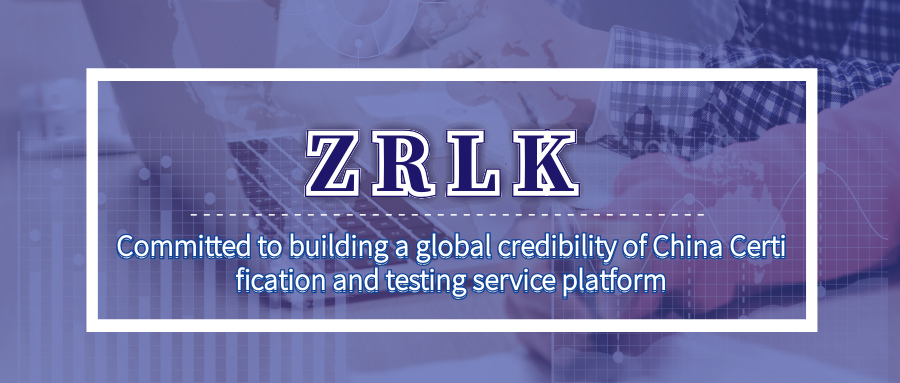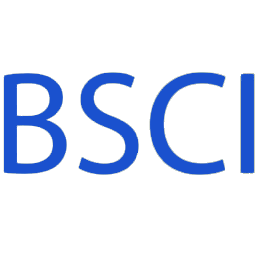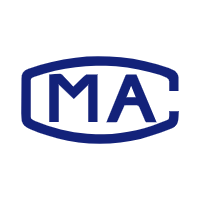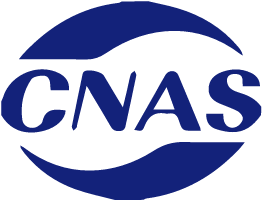
basic introduction
All toys sold in the European market must comply with the European Toy Safety Directive 2009/48/EC to ensure the safety of the products and their use. Manufacturers, retailers and importers are responsible for ensuring that their products comply with the basic safety requirements of Directive 2009/48/EC and conduct relevant tests in accordance with the unified European toy safety standards to prove their compliance.
EN71 test
EN71 Part 1-Physical and mechanical testing
EN71 Part 2-Burning test
EN71 Part 3-Toxic element migration test
EN71 Part 4-Chemical experiment equipment
EN71 Part 5 – Chemical toys (devices) other than experimental devices
EN71 Part 7 – Finger paints
EN71 Part 8 – Swings, slides and similar toys for household indoor or outdoor use
EN71 Part 9 – Requirements for organic compounds
EN71 Part 12-Nitrosamines and Nitrosamine Substances
EN71 Part 13-Scent of certain toys
EN71 Part 14 – Home trampoline
REACH
EU legislation on chemical registration, evaluation, licensing and restriction (REACH) aims to provide a high level of protection for human health and the environment from the use of hazardous chemicals. REACH has established a mandatory chemical substance registration system that requires traceability and identification of chemical substances contained in products sold in the European market.
Manufacturers, distributors, retailers and importers of toys and children's products are responsible for complying with and managing the risks associated with the regulated chemicals in REACH Annex 17, which includes certain hazardous substances, mixtures and articles sold and used in the European market List of restrictions.
REACH Appendix 17 Test
Azo and azo dyes
Benzene
Cadmium
DMF (dimethylfumaric acid) (2011/135/EU)
Lead in jewelry products
Nickel and its compounds
Nonylphenol (NP) and nonylphenol polyoxyethylene ether (NPE)
Organotin (DBT, TBT, TPhT, DOT)
PAHs (polycyclic aromatic hydrocarbons)
Phthalate content in plasticized materials
SCCP (Short Chain Chlorinated Paraffin)
Toluene


BSCI certification is an abbreviation of BusinessSocialComplianceInitiative, and Chinese is called business social standard certification. BSCI is an organization that advocates the business community to abide by social responsibility. At the same time, it is a non-profit organization.

CMA, the name is \"China Metrology Accreditation\", the abbreviation of \"China Metrology Accreditation\" in English. According to the provisions of Article 22 of the Metrology Law of the People’s Republic of China: “The product quality inspection agency that provides notarized data to the society must be evaluated by the metrological administrative department of the people’s government at or above the provincial level for the capability and reliability of metrological verification and testing. Qualified.\"

Laboratory accreditation is a third-party certification that CNAS has the ability to perform specific testing and calibration work for testing and calibration laboratories.
All toys sold in the European market must comply with the European Toy Safety Directive 2009/48/EC to ensure the safety of the products and their use. Manufacturers, retailers and importers are responsible for ensuring that their products comply with the basic safety requirements of Directive 2009/48/EC and conduct relevant tests in accordance with the unified European toy safety standards to prove their compliance.
Get a quote